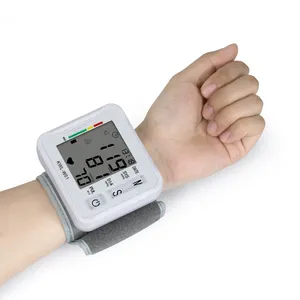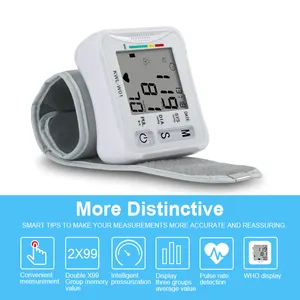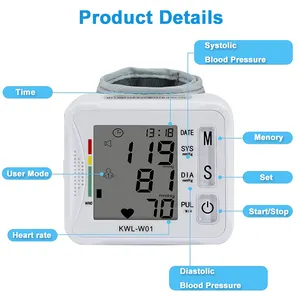Introduction to Health Education Model
The health education model serves as a foundational framework designed to promote health literacy, well-being, and proactive health behaviors among diverse populations. This comprehensive model incorporates various educational theories and methodologies to adapt to the specific needs of individuals and communities. By focusing on prevention, knowledge dissemination, and skills development, the health education model seeks to empower people, enabling them to make informed decisions about their health.
Types of Health Education Models
Within the realm of health education, several models have been developed to address specific contexts and audiences. Understanding these types can enhance the effectiveness of health education initiatives:
- Health Belief Model: This model emphasizes the perceptions of individuals regarding health risks and benefits. It encourages personal responsibility and preventive health actions.
- Social Cognitive Theory: Focusing on observational learning, this model highlights the importance of social influences and reinforcements in shaping health behaviors.
- Transtheoretical Model: This model outlines stages of behavioral change, helping educators tailor interventions based on an individual's readiness to adopt new health behaviors.
- Community Mobilization Model: Engaging communities in health education, this approach leverages local resources and knowledge to foster collective health initiatives.
Applications of Health Education Model
The versatility of the health education model allows it to be applicable in various settings to promote health and wellness:
- Schools: Integrating health education into school curriculums ensures that children receive essential knowledge about nutrition, physical activity, and mental well-being.
- Workplaces: Employee wellness programs designed around the health education model can enhance workplace productivity, reduce absenteeism, and foster a healthier work environment.
- Community Health Programs: Local health departments and organizations can use this model to design outreach programs that focus on specific community health needs, such as maternal health, chronic disease prevention, and substance abuse.
- Healthcare Settings: Physicians and healthcare providers can use this framework to educate patients on managing chronic conditions, preventive care, and lifestyle changes.
Features and Advantages of the Health Education Model
Implementing a health education model comes with several vital features and advantages that enhance learning outcomes and promote health behaviors:
- Comprehensive Approach: Emphasizing knowledge, skills, and attitudes, the model addresses multiple dimensions of health, making it holistic.
- Engagement Strategies: Utilizing interactive learning methods such as workshops, discussions, and role-playing encourages active participation and retention of information.
- Tailored Interventions: Recognizing the unique needs and cultural contexts of each audience allows for customized education plans that engage learners effectively.
- Evaluation Mechanisms: The model incorporates assessment strategies to measure the effectiveness of health education initiatives, facilitating continual improvement and adaptation.
- Empowerment: By fostering health literacy, the model empowers individuals to take charge of their health and make confident, informed decisions.






















































